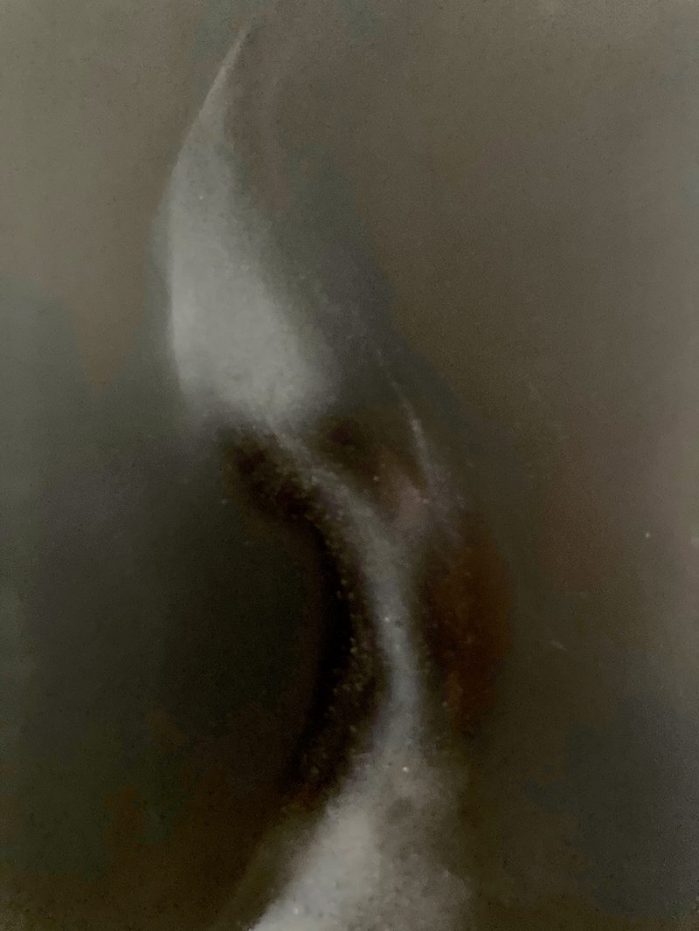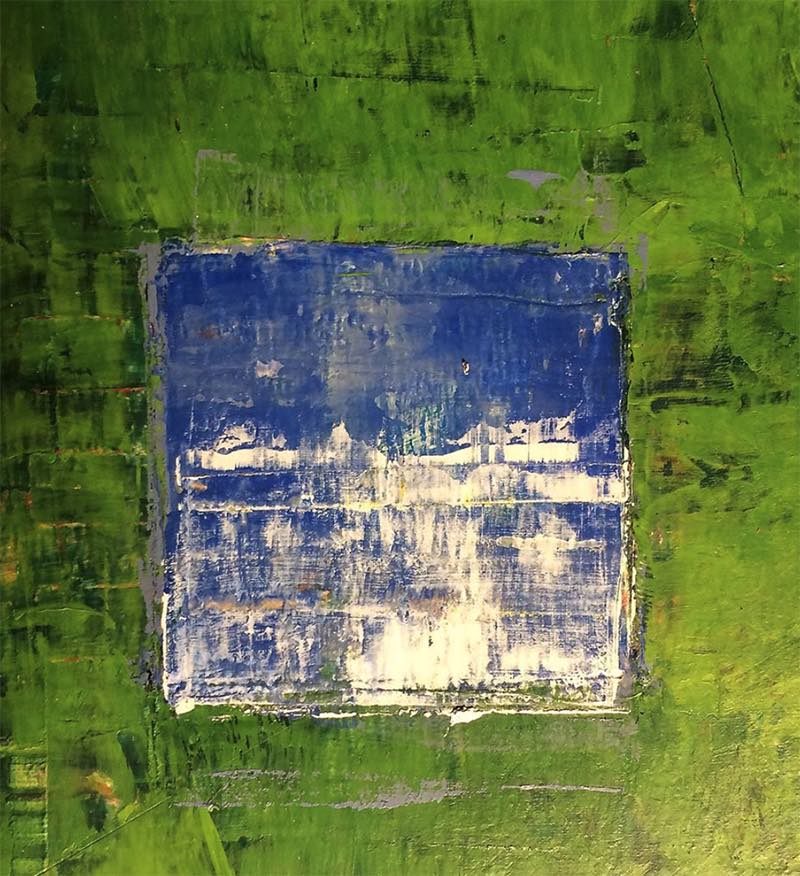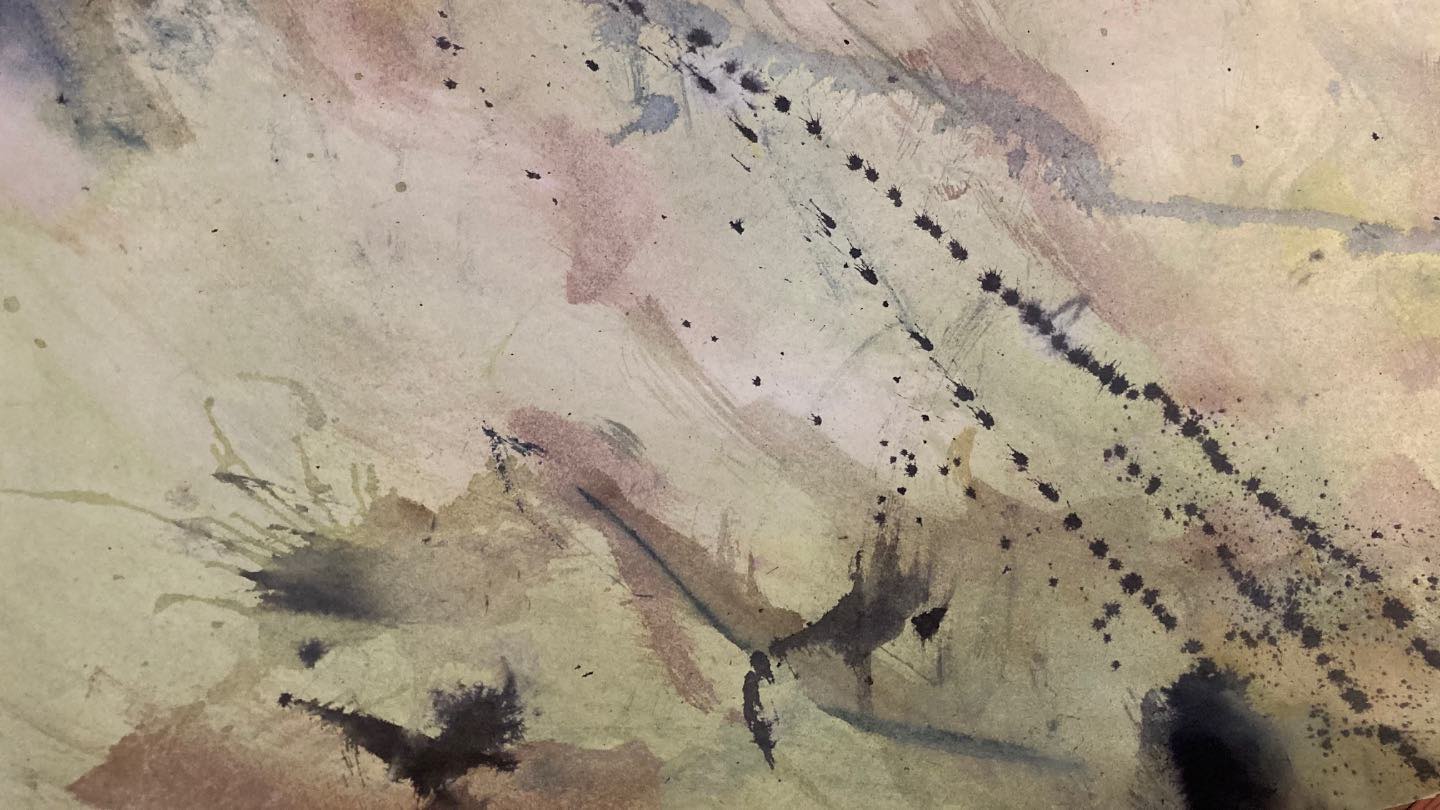Buddhists meditate on a corpse – preferably one “swollen and bloated;’ putrid and turning to skeleton as vultures, dogs and worms feast; tendons dangling off femurs and tibias – to stay connected to the irrefutable fact that life ends. All life. It’s called maranasati and, in its true form, you just can’t do it without that melting stinky corpse.
Local government statutes won’t let us keep a body and we don’t need to. Nor do we need to sit in a cemetery clutching a headstone. The years 2020 and 2021 have been one long maranasati; you cannot get away from the piles of corpses – on the television, in the computer, or in your friend’s voice as she recounts her mother’s death, via zoom, on the covid ward. A huge hole appeared on an island off New York City. White, canvas-covered body-shaped forms rested beside it on the dirt. You knew who was in those bags, even if you didn’t. It was your neighbor, your aunt, your grandfather, your heart. In Delhi, India, funeral pyres burned into the night throughout the city; in Central America, city and federal governments did not pick up the dead for weeks.
No, you do not need a body to see the dead; they’re everywhere. Close your eyes. You’re on a street corner anywhere in India, and it’s hot and loud. You turn the corner and freeze; a young man clutches his dead father in the back of an auto rickshaw, rocking back and forth repeating, “I’m so sorry Papa.” Blink once and you feel the heat and smell the funk on the edge of Manus. This Brazilian city at the edge of Amazon rainforest, the greatest living pulsating biomass on the planet, has fields of freshly turned earth with irregular holes; long rows of former humans lay spun into white sheets. You don’t have arrange to sit a maranasati; the corpses live vividly inside our heads.
The essence of maranasati is at work throughout the world, whether anyone knows its name or not. We cannot get away from the bodies no matter what. Now we must look at them and love them because we are here and this is happening and this is our reality, our fact. We will BE them in one way or another and, if you are not receiving the message, you are really off-the-grid.
All who engage in maranasati agree: contemplating death does not make you want to live less. Without death, there’s no deadline, there’s only “when I get to it.” Without death, there is no “I want to try everything before it’s too late.” Without death, our lives have no shape, no direction, no arc, no form. Without death, we have no life.
Maranasati is not grief. it’s a wild engagement with life, a defining of something by considering its opposite. If you want to understand love, look at indifference; study freedom from inside a prison cell. Maranasati defines you by what you are not – you are not dead – and continually reboots you into the energy of the living.
Sit down. Close your eyes and imagine our covid dead; honor them with the practice of maranasati, a reengagement with life. That’s how we pay tribute to our fallen comrades; we live.




